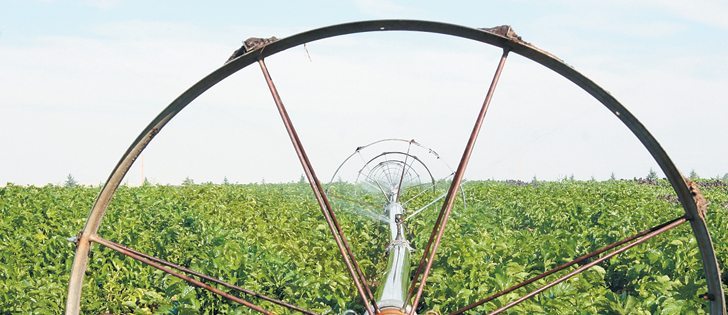Numerous articles and reports that compare the production of organic and conventional agriculture have concluded that on average, organic crop agriculture produces 25 to 30 percent less per acre.
The most recent examination of the subject is a meta-analysis by Seufert et al. (2012), which concluded that organic yields are 34 percent lower when organic and conventional agriculture are most comparable.
Innovative methods and techniques are required to feed the world’s population, which is expected to increase by two billion people over the next 20 years. The time has come to question the merits of continuing with an agricultural production system that is critically inefficient.
Read Also

Worrisome drop in grain prices
Prices had been softening for most of the previous month, but heading into the Labour Day long weekend, the price drops were startling.
The United Nations’ Food and Agriculture Organization reported in 2010 that annual crop yield increases of two percent are needed to sustain the planet’s existing population. Current yield increases are 1.2 percent and have slowed considerably over the past 40 years.
A 2006 report by the FAO estimated that 845 million people lacked food security that year. It anticipated a one-third decline by 2015 to slightly less than 600 million. The stark reality is that this figure has grown by more than 40 percent and now stands at approximately 1.2 billion people.
Consumers of organic food and products already pay price premiums for their consumption habits, and with organic products clearly labelled, discerning consumers have choices regarding food purchase.
However, it is an extravagance available only to those living in affluent communities of industrialized nations while 20 percent of the world’s population faces a lack of food on a daily basis.
Some have argued that organically produced food is more nutritious and therefore important for food security.
In a meta-analysis of nutritional content of organic and conventional crops and meat from 1958-2008, Dangour et al. (2009) reviewed 162 nutritional publications and concluded that no nutritional differences existed between products produced conventionally and organically.
Others have convincingly argued that the challenge is not one of production, but rather one of distribution. There is considerable merit to this argument, but the political conundrums facing many of the most food insecure nations have to be viewed as a constant to the distribution challenge, rather than something that is going to miraculously end in the next 20 years.
If more food is produced per acre, more food can be distributed and more food will reach those facing food insecurity.
There is no other sector of our economy in which 30 percent inefficiency would be viewed as acceptable. Why is it tolerable in food production?
As more resources are directed toward research focusing on yield increases for commodity agriculture, we also witness growing demands for organic products.
Given that organic production is a process and does not start with an organically developed product, it would seem that agriculture is simultaneously facing polar opposite demands. Crop variety researchers are tasked with increasing yields, while consumers increasingly demand the production of crops that yield 30 percent less. This is not a sustainable road for agriculture.
As a leading industrial nation with an abundance of food production, Canada needs to be a global leader in investing in innovations and technology that reduce food insecurities. Canadian politicians need to continue to lobby foreign governments to reduce trade barriers and improve food distribution networks.
Crop scientists need to be adequately funded to undertake their research on improving, among other traits, yield increases.
Producers need to ensure that they are optimizing the production of all commodities.
The consumption of organically produced food is a luxury that is only affordable to the upper- and middle-income classes within industrial societies. Yet, consumers are increasingly being asked to act locally and think globally.
In endeavoring to follow this motto, consumers should increasingly question the global value of consuming inefficiently produced organic products.
Stuart Smyth is a research scientist at the University of Saskatchewan. This article originally appeared on the Ag-West Bio blog site.















